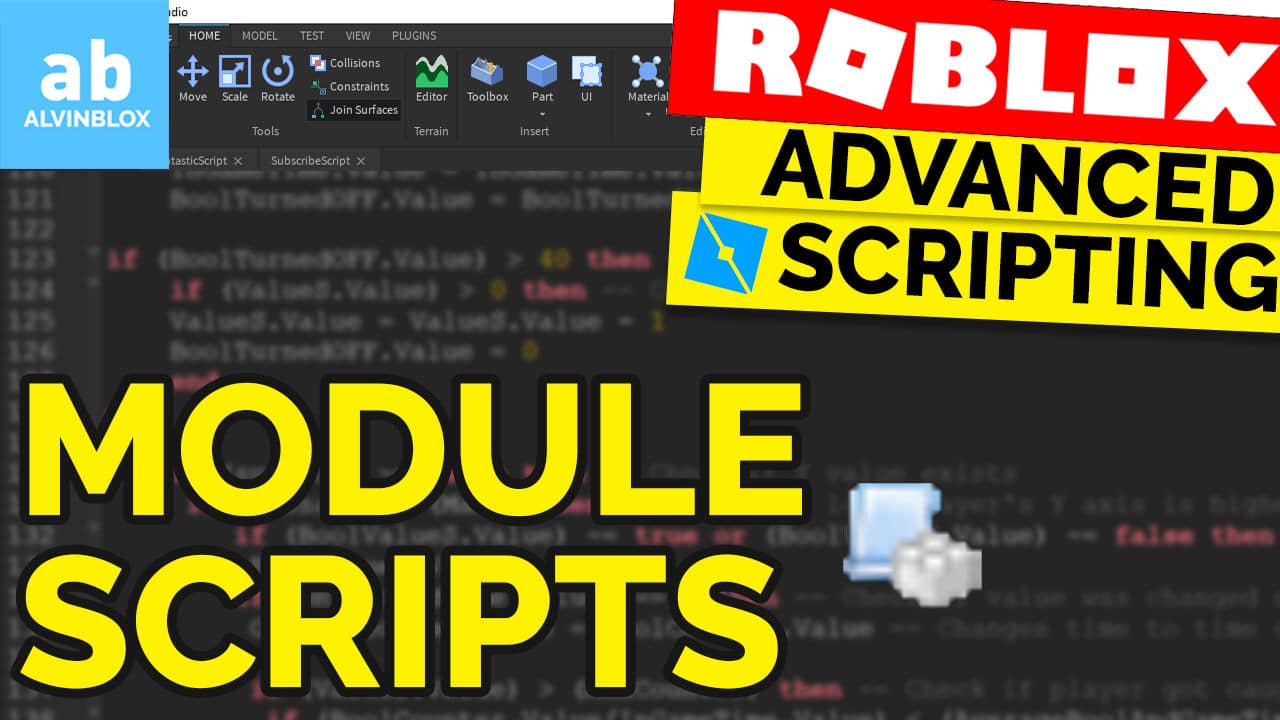

Also I have put this as a LocalScript in Startpack.

It's an easier way for you to reuse the data in other scripts, and you can store tables and functions.//EDIT: yes i added the 2nd parameter GPE and if not gpe then return end in case someone nitpicks unnecessary detailsĪnother problem is that it is quite long but if you read it and see something wrong then let me know. Object or reuse the same data for different objects, store the data in If you want to modify the same data for multiple copies of the same They also don't store tables or functions.

However, both approaches are troublesome if you want to add or modify dozens of objects or data values. To associate data with individual objects, you can assign attributes to them or create Configuration folders with value objects such as StringValue or IntValue. By incorporating these patterns into your development, you can avoid common pitfalls as your Roblox experience grows in size and complexity. Module scripts have some common patterns that you can use to simplify your code and provide more flexibility over the features Roblox Studio provides. If you require() a ModuleScript from both sides of the client-server-boundary, such as in a Script and a LocalScript, then the ModuleScript returns a unique reference for each side. The module itself doesn't run multiple times. Calling require() again returns the exact same reference, meaning that if you modify a returned table or Instance, subsequent require() calls return that modified reference. When you call require() on a ModuleScript, it runs once and returns a single item as a reference. Local PickupManager = require (ReplicatedStorage:WaitForChild( "PickupManager" ))


 0 kommentar(er)
0 kommentar(er)
